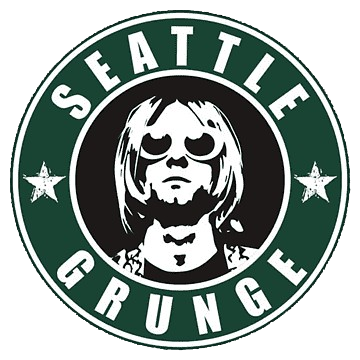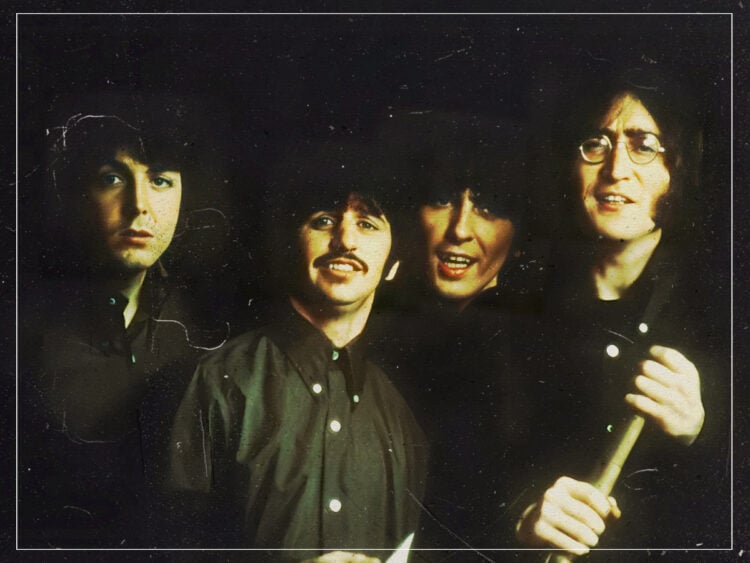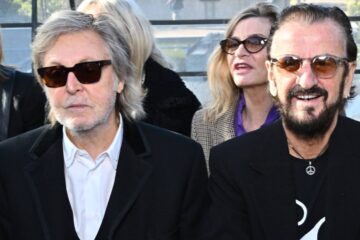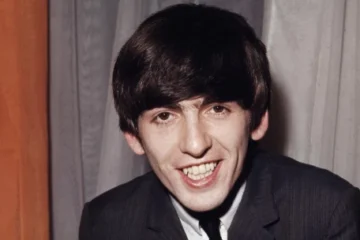For the first part of the 1960s, The Beatles were a clean-cut rock and roll boyband who sang about love and donned matching suits and bowl cuts. It was this version of The Beatles that would spark Beatlemania, capturing the ears and hearts of the nation with their boyish charm and early romantic rockers, such as ‘She Loves You’ and ‘I Want To Hold Your Hand’. However, as the decade passed its midpoint, the Fab Four began to adopt a new, stranger sound and style.
Beginning with Rubber Soul in 1965, The Beatles began to shed their earlier image and push into more experimental territory. They worked alongside producer George Martin to pull in sitars, courtesy of George Harrison’s growing interest in Indian music and began employing fuzzboxes on their guitars. Their songs were still largely about love, but they pushed the topic into new directions, too.
Rubber Soul was only the beginning. In the years that followed, they would delve further into sonic innovation, pioneering sampling on ‘Tomorrow Never Knows’ and venturing into psychedelia on Sgt. Pepper’s Lonely Hearts Club Band. The first half of their career had solidified their fame, but the second half had solidified their artistry. But where did the band’s desire to experiment and innovate come from?
In a 1993 interview, Martin acknowledged that by the time they got to work on Rubber Soul, The Beatles were “really into experimenting” and loved spending time in the studio. “The studio was their refuge from the mad world outside of concerts and fans and pressures and interviews and so on,” he explained, “In the studio, they could be themselves with me, and they weren’t interrupted, they weren’t bothered by anybody, and they could do what they wanted.”
Martin’s statement seems to suggest that The Beatles had retreated into the studio as a way to escape from Beatlemania, from the overwhelming nature of the global fame they had attracted in their earlier years. This certainly impacted their decision to stop touring, as they were exhausted by the intensity of life on the road, but there were other factors that seemed to play into their more experimental era.
By eliminating touring from the picture, The Beatles gathered up far more time, energy and logistical freedom to create more innovative compositions. There was no pressure to figure out how a song might play out on-stage, and no need to organise studio sessions around touring schedules. The Fab Four had freed up far more time to experiment with new sounds.
This exchange was certainly preferable for the band, who were increasingly keen to experiment with new sounds and techniques. “They had this eternal curiosity for new sounds,” Martin remembered, “They were always coming to me and saying, ‘What can you do? Give us a new sound.’” Everything seemed to align — opting to spend more time in the studio instead of on the road would reduce the pressures of the outside world and give them more creative freedom.




